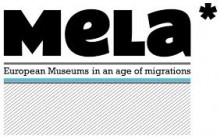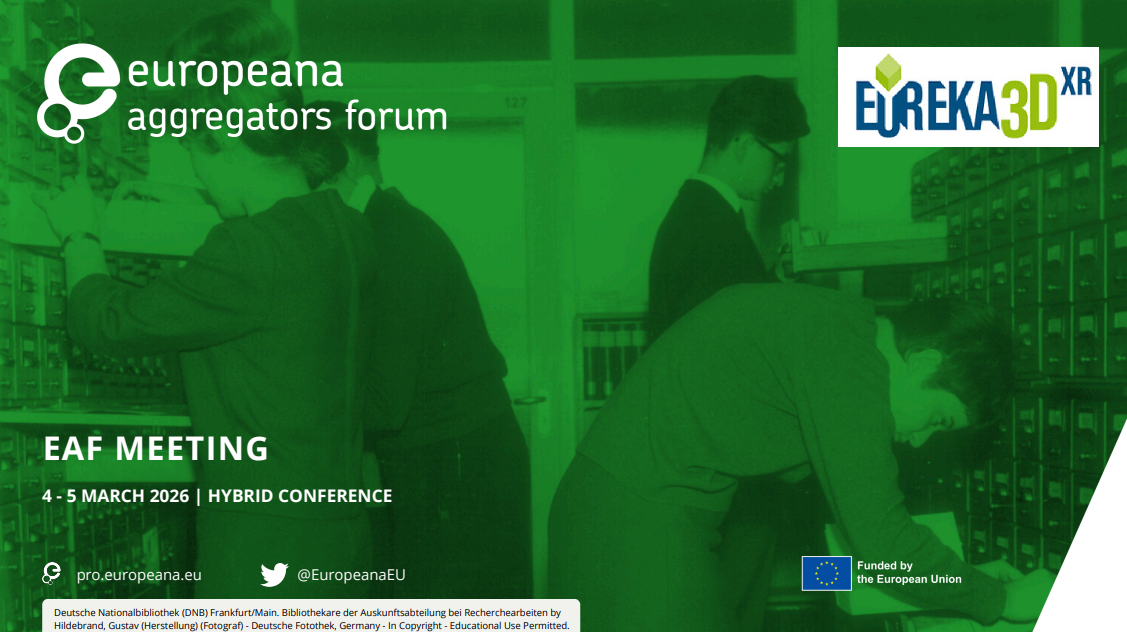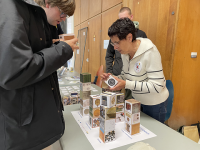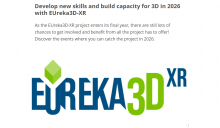Login Status
-
Free text
UPCOMING EVENTS:
 Wrocław University of Environmental and Life Sciences, 4th of Match 2026
Wrocław University of Environmental and Life Sciences, 4th of Match 2026The international conference “Cross-border cooperation in the era of challenges and transformation – space, energy, climate, culture” will be held on 4 March 2026 at the Wrocław University of Environmental and Life Sciences, in Wrocław, Poland. The conference will explore key issues facing border regions, from … Continue reading →
 Girona and online, 29 January 2026
Girona and online, 29 January 2026With over 50 participants on site and a equal number of attendees online, EUreka3D-XR organized a Capacity Building and demonstration event. The demonstration comes at a moment when the project’s progress in the development of tools and pilot scenarios has … Continue reading →
Topic: digital preservation
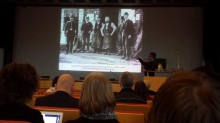
The EuropeanaPhotography project ended 31st of January 2015. To mark the occasion, we organized a two-day conference in Leuven on Thursday 29 and Friday 30th of January, under the theme “The Impact of Digitization on Photographic Heritage: Memories Reframed“. Continue reading
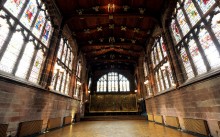
Speakers: Sarah Whatley (Coventry University, project’s coordinator), Charlotte Waelde (University of Exeter), Prodromos Tsiavos (Postscriptum), Frederik Temmermans, Peter Schelkens, Ann Dooms (iMinds). A workshop focused on IPR that considers content rights in a non traditional way. Rather than only focussing on different … Continue reading
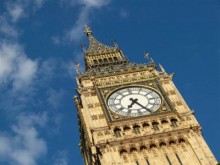
The 10th International Digital Curation Conference was held from Monday 9 February to Thursday 12 February 2015 in London. This year’s theme was “Ten years back, ten years forward: achievements, lessons and the future for digital curation”. Continue reading
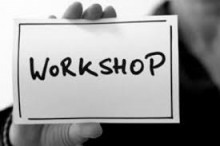
Important appointments organized by Europeana Space project in March 2015! The objective of Europeana Space is to increase and enhance the creative industries’ safe use of digital cultural content available in online repositories, by delivering a range of resources to … Continue reading
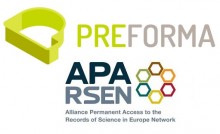
A Memorandum of Understanding has been signed between the two EU funded projects to look for new possibilities and funding to exploit the results of the two projects in joint initiatives, at European and national level, around the theme of digital preservation. Continue reading

Focus of the plenary was the finalization of the +430.000 metadata of early photographs to be provided to Europeana.eu, the European digital library where the images digitizited by the project will be retrievable and accessible to everybody, and the organization of the final conference of the project, which will be joint to the opening of a new edition of the exhibition All Our Yesterdays, with a very special Belgian flavour that was added to the original format of the exhibition (held in Pisa in April-June 2014 for the first time) thanks to the cooperation with the Leuven City Archive. Continue reading
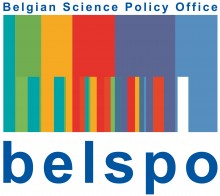
Erik Buelinckx from the Royal Institute for Cultural Heritage presented the project at the monthly meeting of the follow-up committee of the Belgian Federal Policy digitisation program. Continue reading

In this issue we introduce the EUDAT License Wizard and ask what researchers think about open data, before having a look back at some of the achievements over the course of the year. Continue reading

How do you prepare a professional in Cultural Heritage in the digital age? How the University can solve the gap between Science and Humanities? Is the current University ready to deal with education in Cultural Heritage? Are then Humanities a good professional option? The INNOVA Master’s Degree in Virtual Heritage, developed by INNOVA and SEAV, aims to offer an answer to these questions. Continue reading


